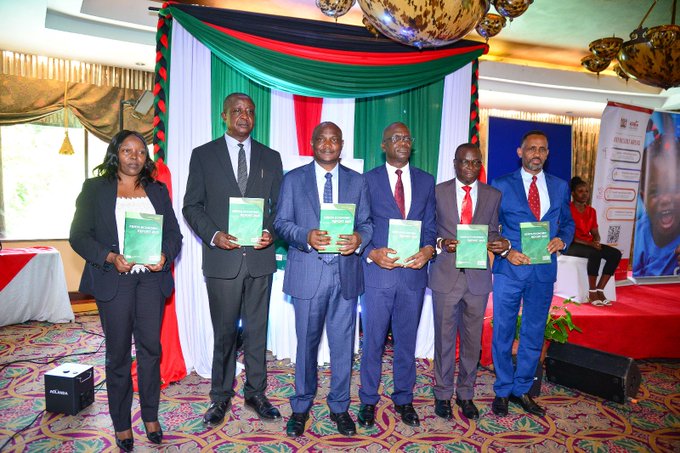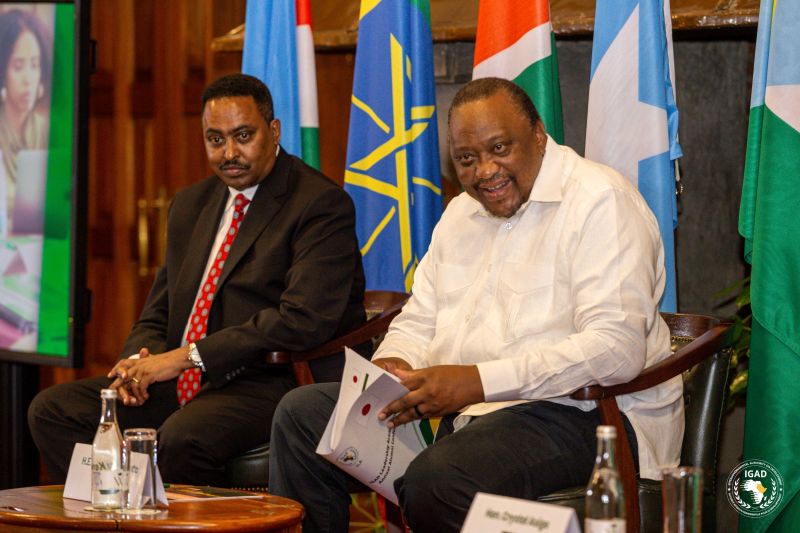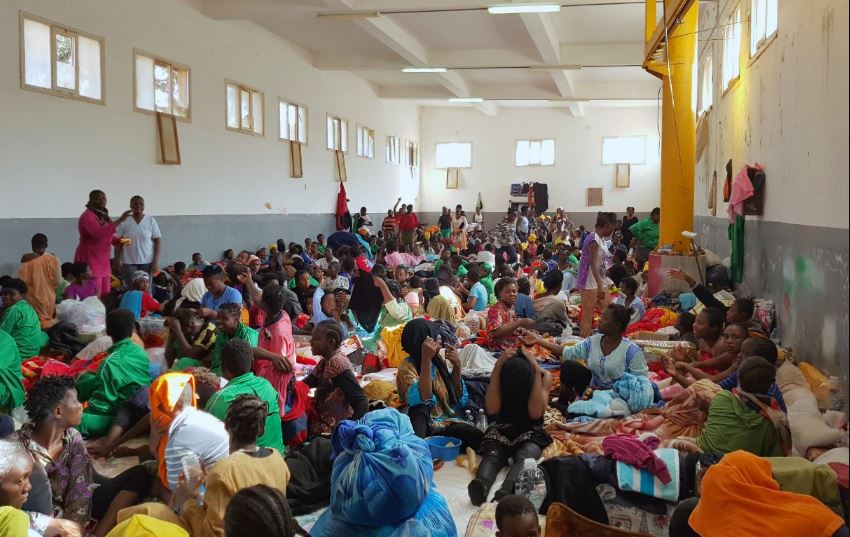Auditor General's report unearths school textbooks printing scandal

The audit uncovered wasteful practices, such as schools receiving textbooks they do not need while lacking essential materials for certain subjects.
A recent audit has revealed significant mismanagement in the printing and distribution of school textbooks in Kenya, potentially costing taxpayers billions of shillings.
The review highlights glaring inefficiencies involving publishers, the state curriculum developer, and schools.
More To Read
- Only two of 63 performance audits discussed by MPs since 2012 - Auditor General
- Counties exposed as Auditor General flags major in emergency preparedness
- State agencies, counties owe Kenya Power Sh4.67 billion in unpaid bills - Auditor General
- Top schools flagged for illegal fees and uniform procurement in Auditor General’s report
- Auditor General calls for penalties on officers who ignore audit recommendations
- Auditor General Nancy Gathungu warns of pension losses as government delays remittances
The audit uncovered wasteful practices, such as schools receiving textbooks they do not need while lacking essential materials for certain subjects.
In many cases, textbooks were found in poor condition or gathering dust on shelves because they were outdated or irrelevant.
Auditors reported thousands of textbooks lying unused in libraries, with no inventory management systems in place.
Many of these texts had been supplied in excess, creating a significant surplus.
The Kenya Institute of Curriculum Development (KICD), which distributes textbooks on behalf of the Ministry of Education, appears to have inadequate methods for determining actual demand based on student enrollment data.
Additionally, the audit revealed that some textbooks were not delivered at all, while others arrived late, depriving students of necessary course materials.
Auditor General Nancy Gathungu specifically criticised the state publisher, the Kenya Literature Bureau (KLB), and the KICD for their roles in this mismanagement.
"Books supplied and issued to students were untraceable in some instances," Gathungu stated, stressing that taxpayers may not be receiving value for their money.
Irregular contract
She also pointed out that KLB had irregularly contracted an outside company for printing services that should have been handled internally.
In the Financial Year ending June 30, 2023, the KLB reportedly spent over Sh1.4 billion to outsource printing, which Gathungu deemed inappropriate.
"Examination of supporting payment vouchers and schedules revealed that the bureau outsources the bulk of its printing works, thus digressing from its core function of printing and publishing in the country," she noted.
During this period, KLB's total production costs reached approximately Sh2 billion, with outsourced services accounting for 70 per cent of all printing.
As a result, the Bureau's own printing press generated only Sh615,404,970, which is just 30 per cent of the total output, indicating significant underutilization of its facilities.
Gathungu highlighted that this outsourcing trend has persisted, as seen in the previous year when 79 per cent of printing jobs were outsourced.
According to Section 4 of the KLB Act of 2012, the bureau is mandated to publish, print, and distribute all types of literary works, making the outsourcing of printing services legally questionable.
"This means that outsourcing printing services is not legally binding. In the circumstances, management violated the law," Gathungu concluded, raising serious concerns about accountability and efficiency in the management of school textbooks in Kenya.
Top Stories Today











































